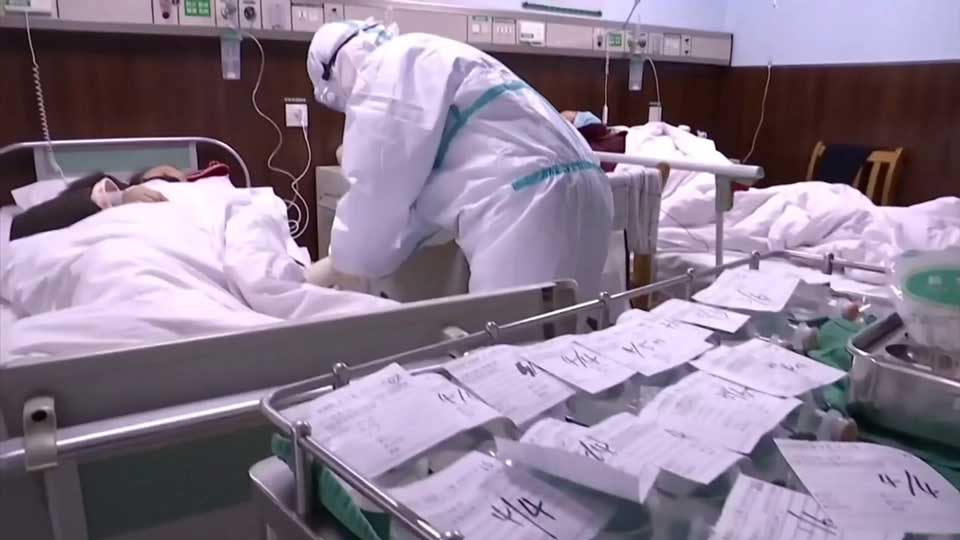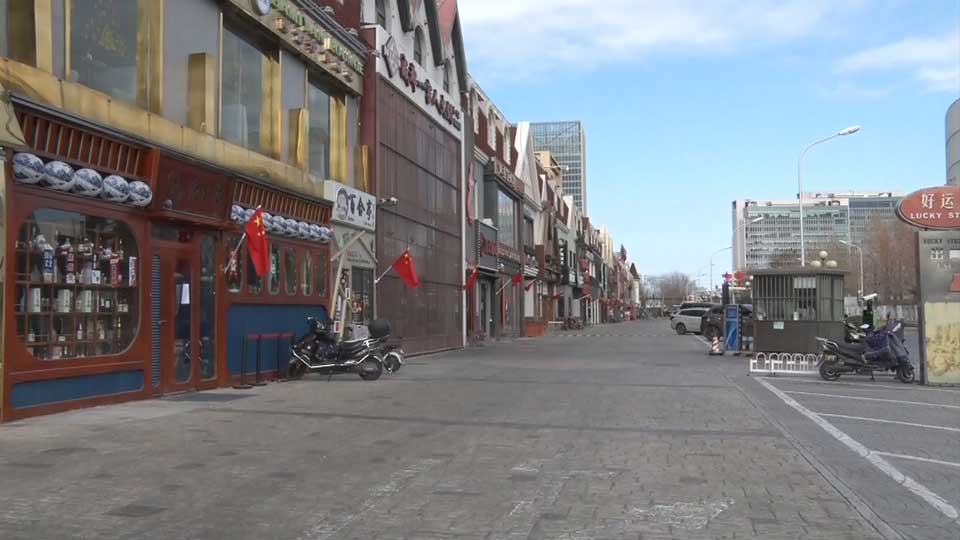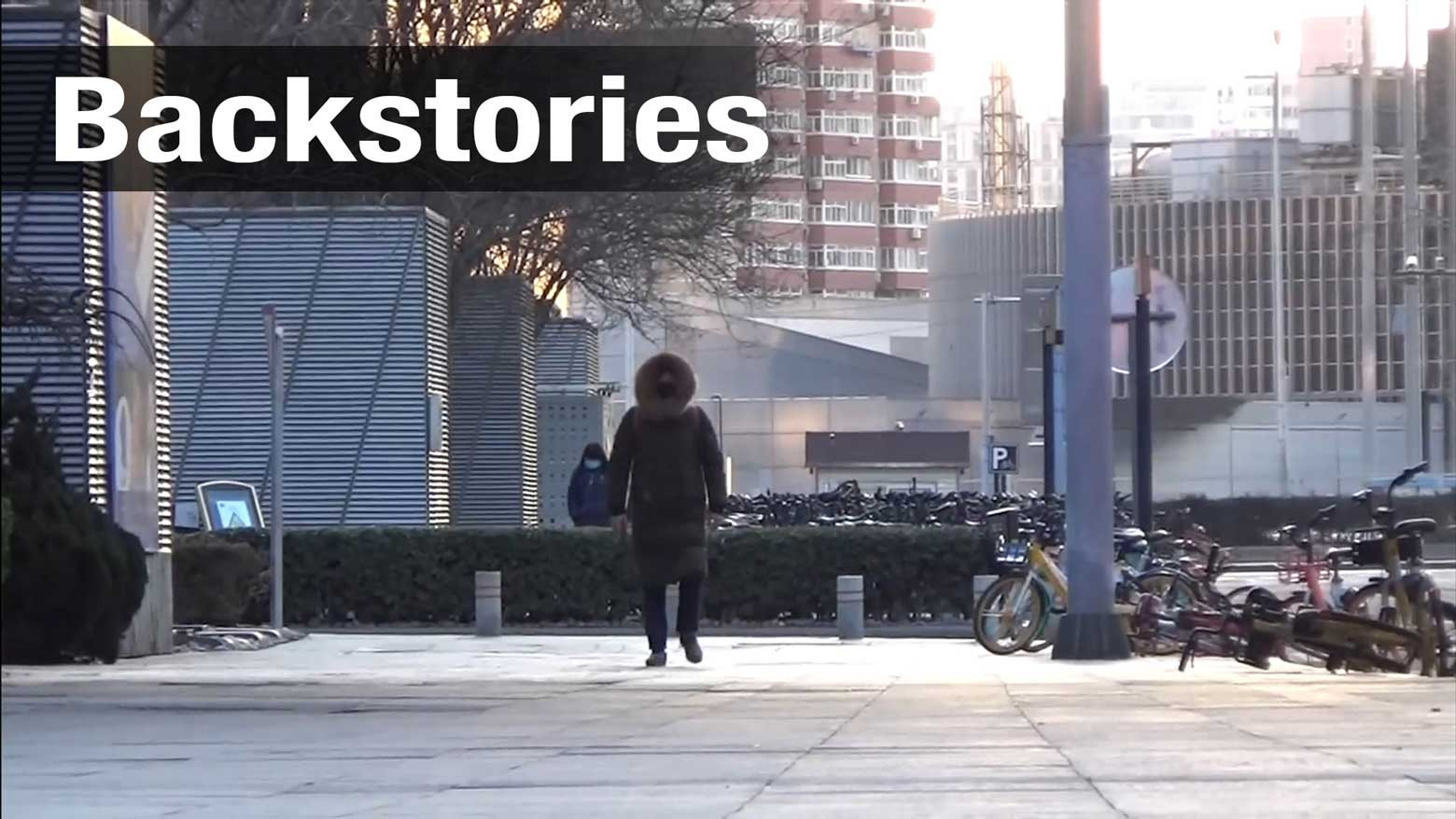Throughout China, local governments have implemented measures to stem the outbreak. Authorities in Shanghai and Guangdong Province have asked businesses to remain closed for at least another week. In the city of Wenzhou, in the eastern province of Zhejiang, officials are only permitting families to have one representative leave the house every other day to shop and run errands until February 8th.

Epidemic continues
China says that as of Tuesday, the mainland death toll from the virus is 490, while the number of cases has topped 24,000. Both of these figures far exceed those from the 2003 SARS outbreak.
In Wuhan, a 1,000-bed hospital constructed in just 10 days has opened its doors. Reports say that another newly built facility will start accepting patients on Thursday. But it remains unclear if either hospital has the supplies and manpower to provide sufficient care amid the surging number of cases. Residents throughout the city have taken to social media to express their frustration and say that not enough is being done.

Coronavirus casts shadow over economy
Worries about the economic effects of the outbreak seem to be spreading faster than the virus itself. On Monday, the first day of trading following the holiday, the Shanghai Stock Exchange was down sharply, with the Shanghai Composite Index at one point plunging 8.7 percent from the previous close on January 23rd.
No official data exists to quantify the damage the outbreak has caused to the Chinese economy. But one think tank says losses posted by the country's retail, restaurant, and tourism industries during the holiday period are expected to exceed one trillion yuan, or about 144 billion dollars. It also estimates that China's quarterly GDP will be down by two percentage points. This is in stark contrast to the 6 percent growth rate from the previous quarter. This does not bode well for a country that last year saw its growth rate fall to its slowest pace in 29 years, largely due to a trade war with the US.

Government anxiety
The State-run Xinhua News Agency reported on Monday that President Xi Jinping held a Politburo Standing Committee meeting to review the country's crisis management apparatus. Officials are said to have stressed the need to improve emergency response systems and to learn from the inadequate approach to the current outbreak.
Many local-level party officials have been punished for their handling of the crisis. In the city of Huanggang, near Wuhan, a total of 337 officials were sanctioned, including six executive-level members who were dismissed outright.
Professor Tomoki Kamo of Keio University is an expert on Chinese politics. He says the government is taking such rigorous action because it is worried that frustration and anger among citizens will increase in the weeks to come. He adds that by issuing the punishments, Beijing hopes to create a perception that the outbreak was worsened by rogue party officials ignoring orders from above.


